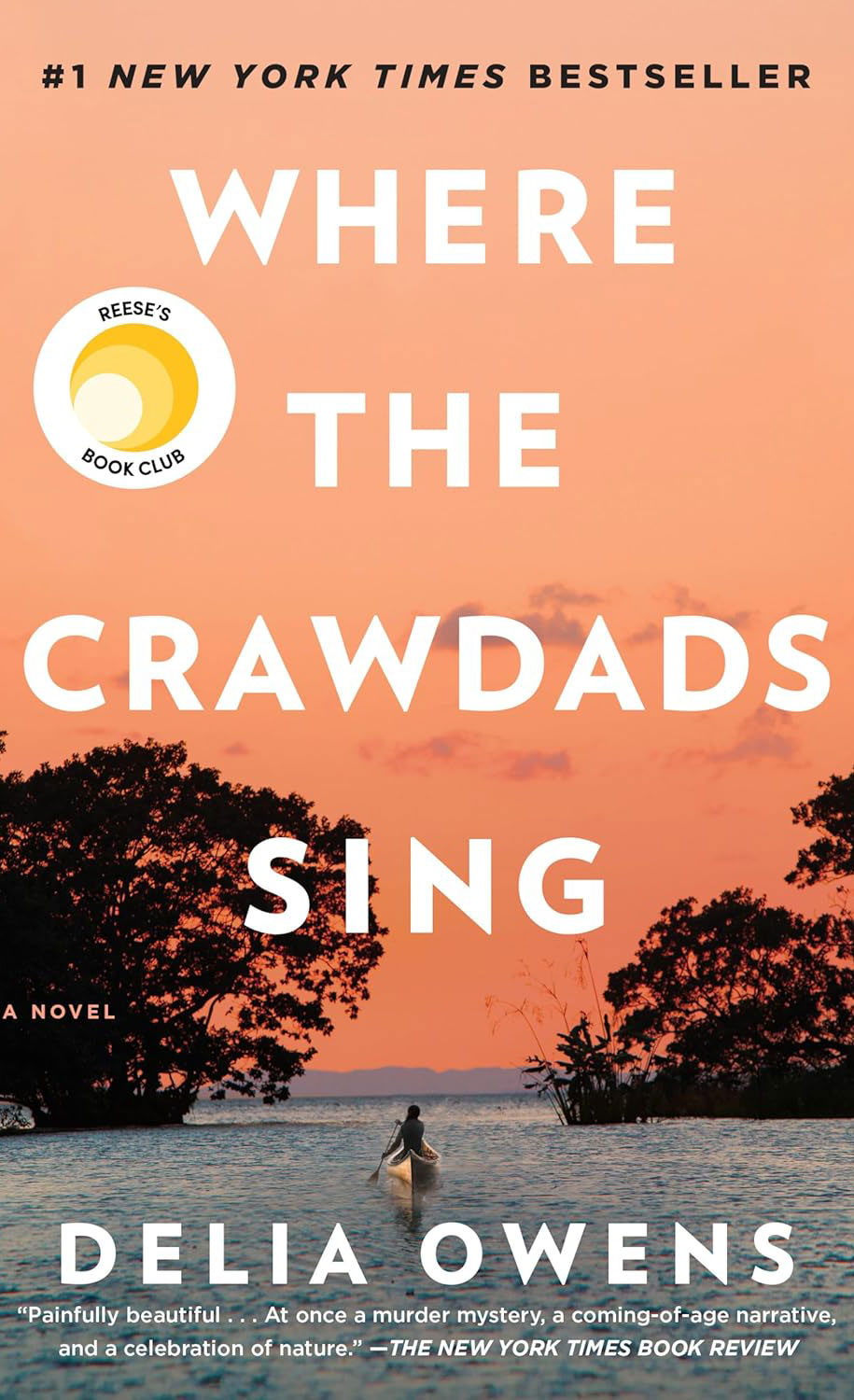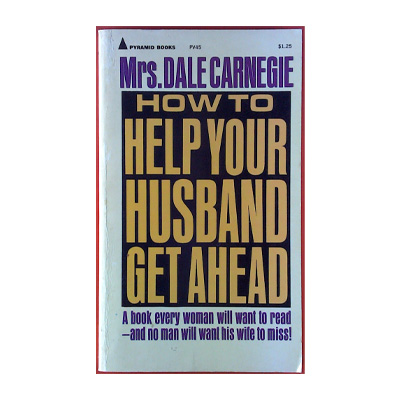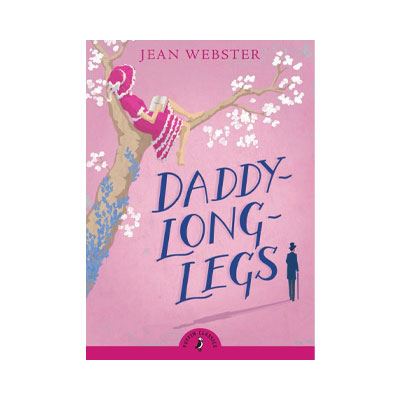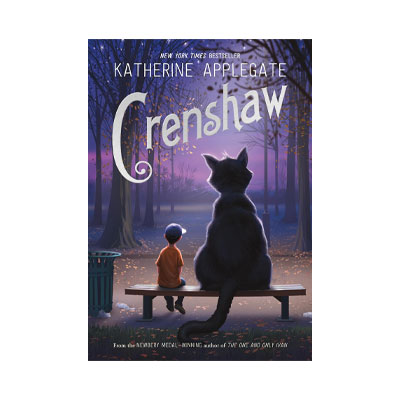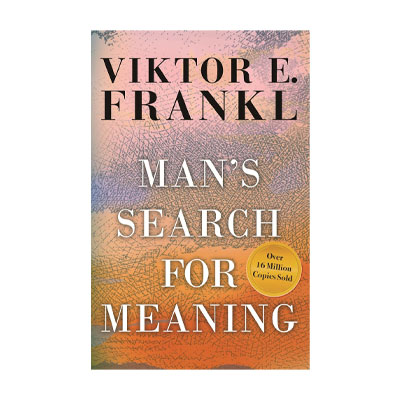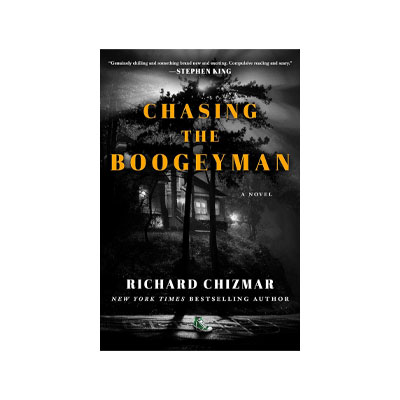Book Summary
Delia Owens wrote the bestselling book "Where the Crawdads Sing" centered around the life of a female protagonist. From 2018 to 2019, it topped the bestseller lists. The unique nature of North Carolina serves as the backdrop for the events surrounding a young girl, whose family has abandoned her, forcing her to live with her somewhat grumpy and moody father. The days and nights spent in the heart of nature, combined with the sense of isolation that burns within her, create a blend that later intertwines with love and leads to adventures that provoke thought in the reader.
The "Marsh Girl" is the nickname given by the residents of Barkley Cove to the main character named "Kya," who endures many sufferings. Her interactions and conversations with others provide her with various experiences. Besides her skillful character development, Owens beautifully describes the environment, making it clear to her readers how loneliness and isolation can wreak havoc on individuals. Undoubtedly, one of the worst feelings that can arise for different people is being rejected by those around them.
However, Kya, like a lioness, demonstrates such effort for survival, love, and resilience that not only ensures she remains unforgettable to readers but also inspires them to effectively navigate the ups and downs of personal, professional, and emotional life. It is evident that the author did not settle for merely writing a mystery or romance story; she aimed to convey truths within the heart of a novel to her enthusiasts.
About the Author
Delia Owens is an American author and wildlife scientist born in 1949. She earned her bachelor's degree in biology and a Ph.D. in animal behavior from the University of California. Years ago, her husband and stepson were implicated in the controversial murder of a hunter in Zambia, but no case was filed. After separating from her husband, she currently lives in Idaho. Owens has a website where she shares her work and has written books about her studies on animals in Africa, including titles such as "Cry of the Kalahari," "Secrets of the Savanna," and "The Eye of the Elephant."
Who Should Read the Book?
This book is recommended for those interested in stories with crime, mystery, and romance genres, particularly for readers who appreciate a strong and unique female protagonist.
Table of Contents
Delia Owens wrote her book in 57 chapters.
Book Quotes
Sheriff Jackson said, "Vern, this case still has work to do, but some things don't add up. Chase's wife and his staff still don't know he's dead." Dr. Vern Murphy replied, "Ed, I'll tell them." "That's good. Take my car. Call for an ambulance to come and take Chase's body. But about this, don't talk to anyone. I don't want anyone from the village gathering here, and if you tell this story, all the plans will be exposed."
Vern stared at Chase's body for a few minutes before deciding to leave, as if he had overlooked something. As a doctor, he had to examine all conditions. Ed approached the kids and said, "You stay right here. I don’t want anyone in town talking about this incident. Also, don’t let your hands or feet touch any muddy areas so that no footprints or handprints are left."
Benji said, "Okay. Do you think someone killed Chase? Right? Because you didn't find any footprints. Maybe someone left him here?" "I didn't say that. These possibilities are part of the police work. Now, don’t get in the way and don’t tell anyone what you heard here."
Officer Joe Purdue, the sheriff's deputy, a short man with a wide beard, arrived at the scene less than fifteen minutes later in a patrol car. "I can’t believe it. Chase is dead. He was the best employer this town has ever seen. His death shakes some things up." "You're right. Let’s get to the case."
"What have you figured out so far?" Ed stepped away from the kids and said, "What everyone might say on the surface is that Chase's death was an accident and he fell from up there. But as of now, while I'm talking to you, I haven't seen any footprints of him on the stairs or in the mud. Let’s check if there’s any evidence of staging this murder."
Two law enforcement officers examined the area for about ten minutes. Joe said, "You were right. Other than those kids' footprints, nothing else is visible."
Hours later, near sunset, Judy saw Kya staring at the sea from the shore. She approached her. Kya didn’t look at her and continued watching the turbulent waves. Despite this, Judy could tell from Kya's tone that her father had slapped and punched her face. "I have to go, Kya. I can’t live here anymore." Kya wanted to look at her but didn’t. She wanted to beg her not to leave her alone with her father, but the words were stuck in her throat.
Judy said, "When you grow up, you'll understand." Kya suddenly wanted to scream that she might be small but she wasn’t stupid and knew that their father was the reason they were all leaving.
She shouted Judy's name, but Judy had taken her things and her mattress lay empty on the ground. Kya sank into her mattress and watched the last remnants of that day sliding down the wall. The light, as always, lingered behind the sun, hesitating to leave, and some of it remained in the room; for a brief moment, the crumpled bedding and old clothes piled up took shape and color more than the trees outside.
A nagging hunger, something so trivial, astonished her. She headed to the kitchen and stood at the door. In her entire life here, it had been warm from baking bread, boiling butter beans, or simmering boiled fish.
Now it was empty, quiet, and dark. She called out loudly, "Who’s going to cook?" Could she ask who was going to dance? She lit a candle, rummaged through the ashes of the wood stove and added kindling until it caught fire. Then she placed some firewood on it. They used the refrigerator as a cupboard since there was no electricity around the cabin, and to prevent mold inside, they kept the door propped open with a fly swatter; yet still, blackish-green mold grew in all the crevices.
